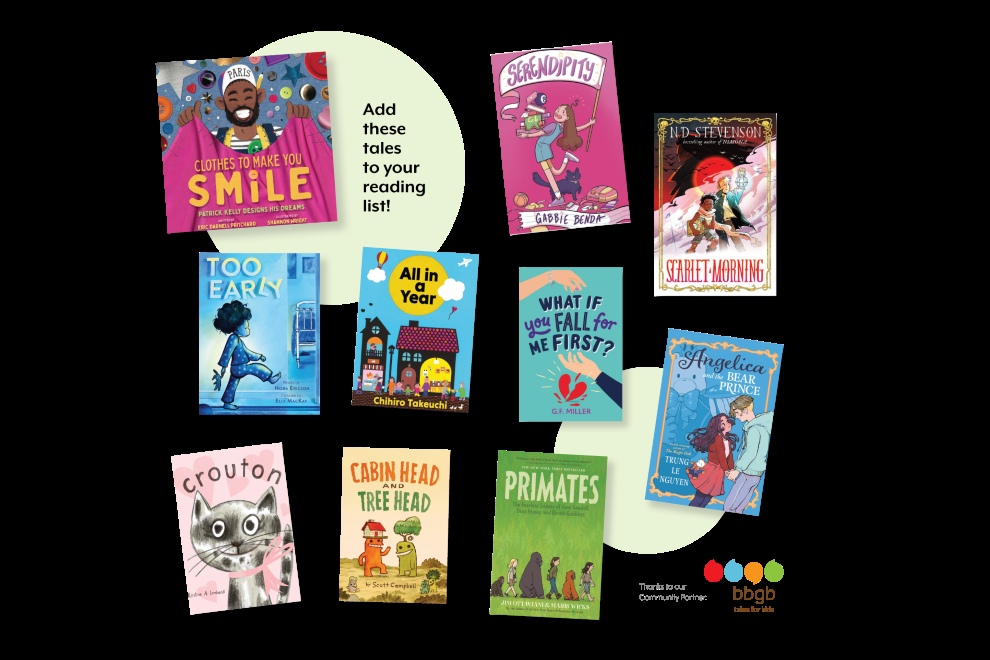Derren Brown is a performer in England who combines the powers of suggestion and psychology into his act in order to, as he says, “seemingly predict and control human behavior.” On one episode of his TV series Trick or Treat, he conducted an experiment in negative suggestion in which he visits the high-wire artist Henry at Zippos circus in the UK. Henry skips rope on a tightrope and had never, as Derren said, fallen off doing that trick. But what would happen if Derren put Henry’s positive thoughts to the test? “The thought, I must try not to fall,” said Derren, “is precisely the wrong way to think thirty feet up in the air on a high wire, even if you’re the world’s best at it.” So that’s just the thought he put into Henry’s head.
“Focus on not wobbling and not falling off,” he told Henry, who was about to step out onto the wire. “Just make sure you don’t wobble and fall off.” As Derren put it, “The instruction ‘Try not to fall off,’ residently delivered, is amplified by the inflation of an air bag. . . . Henry’s unconscious is, for the first time, thinking in terms of, ‘I mustn’t fall off,’ which can only take him one way.” It does. Henry falls from the high wire into the air bag and seems visibly shaken by the whole experience.
Now, I do take the performance with a grain of salt as this was all for television, but similar incidents have happened to me. When I took my first surfing lesson in Maui a few years ago, I was a wreck when I paddled out thinking, I hope I don’t wipe out! I hope I don’t get hurt! Yet when I was told to focus on standing up and smiling for a camera on shore with my best “hang ten” pose? I stood and surfed in tall and proud. Sure, I was on three feet of calm water riding six-inch waves after a push-off by my instructor, but still.
Whether we’re trying to balance on an object or trying to balance in life, we will only succeed if we’re focused on succeeding. If we focus on trying not to fail, fall, or lose, we might end up doing just that.
Avoid negative suggestion by walking a positive line. If you’re about to give a big speech, instead of thinking, I hope I don’t blow this, think about what you want to happen, like, “I want to get my message out, inspire them, and be myself while doing it.” And if you want to do well pitching your ideas to your boss, instead of thinking, I hope she doesn’t regret hiring me, think about what you want to happen, like, “I want to speak the ideas from my heart, so that even if my boss doesn’t like them, she’ll respect me for having them.”
When I was single, I often found myself thinking, “I’m sick and tired of being single,” which unconsciously created a negative cycle in my dating life that attracted, well, more situations that made me feel sick and tired. So, I changed my mind-set. Every morning, I began to think about how excited and hopeful I was to meet someone smart, fun, and just right for me. Eight months after embracing my “dating optimism,” I ran into Gus, who was all the positive things I’d focused on. I was so floored by the effects of my positive thinking, I wrote about my experience and the specific strategies that worked in Meeting Your Half-Orange: An Utterly Upbeat Guide to Using Dating Optimism to Find Your Perfect Match.
The point is, you’ll get what you think about, and you’ll head where your head is at. It’s how our minds and bodies work. So stop giving your focus to what you don’t want in life and start talking about what you do: Ask for positive, inspiring moments. Ask to win the point, complete the race, keep it up, and stay on course. Ask to stand up, stay tall, balance, and thrive. Ask for love and friendship and respect and success, for good luck and abundance and bliss. Then, when you step onto the tightrope of life, you’ll be primed to stand tall and succeed.



